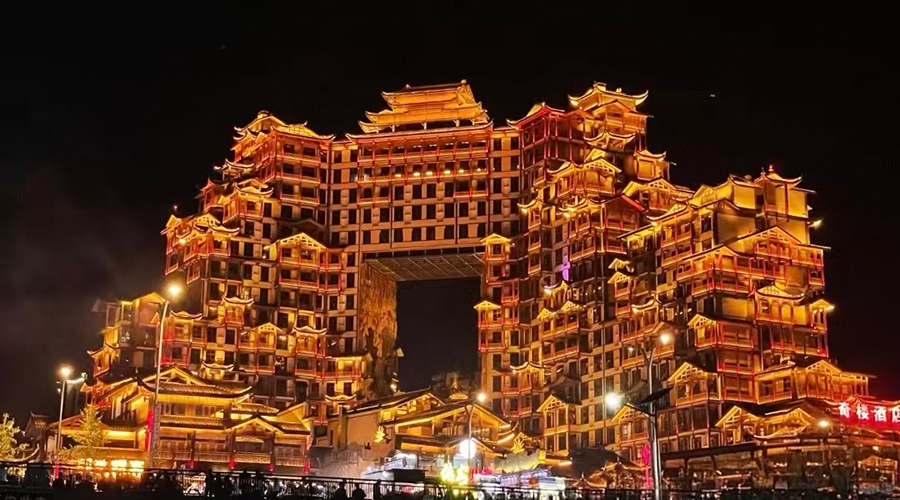
Zixia Cave
The most famous tourist attractive in Yongzhou is the Zixia Cave, which, 0. 5 km from the Temple to Emperor Shun, is actually a huge cave named after the...
The most famous tourist attractive in Yongzhou is the Zixia Cave, which, 0. 5 km from the Temple to Emperor Shun, is actually a huge cave named after the...

No. 631 , Zi wu road , Yong ding District , Zhangjiajie city , Hunan Province ,China
+867448208096 +8613487449439
contact@discoverzhangjiajie.com
Daily: 9:00 am - 6:00 pm
Sunday: Closed
Copyright © 2015-2028 DiscoverZhangjiajie. All Rights Reserved
No. 631 , Zi wu road , Yong ding District , Zhangjiajie city , Hunan Province ,China
+867448208096 +8613487449439
contact@discoverzhangjiajie.com
